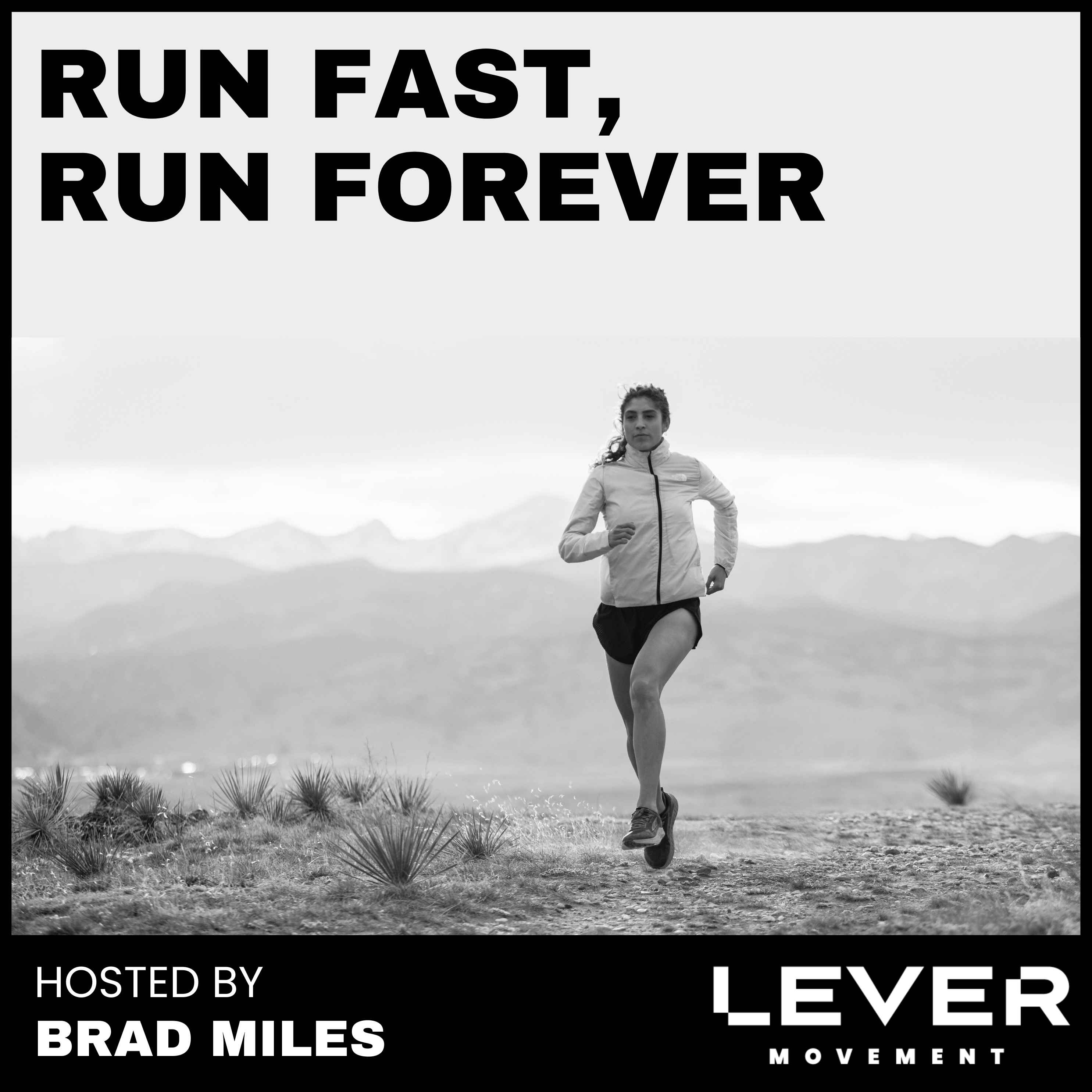Bouncing Back After A Crash
Description
From a devastating bike crash to a triumphant win at Patagonman, Laura Siddall, known to many as Sid, is a prime example of determination and resilience. Transitioning from the corporate grind in Australia, she embraced the rigorous demands of professional triathlon—a sport she leaped into at age 29 and quickly dominated at the amateur level before moving into the professional ranks.
Sid shares the challenges she faced early in her professional career, including securing sponsorships and adapting to the intense competitive environment. She delves into her experience with injuries, particularly a serious bike crash in Brazil that resulted in a brain bleed. She describes the intense recovery process, emphasizing the mental challenges that accompanied her physical recovery: the unexpected emotional toll and the difficulty of regaining her pre-accident form.
Despite the setbacks, Sid managed to return to competition, participating in the Ironman World Championship in Kona and later winning the Patagonman—an event known for its extreme conditions, ranging from a frigid swim to a grueling, self-supported run. She emphasizes the crucial role of rest and recovery in her career, especially post-accident, highlighting how the Lever Movement system was pivotal during her injury rehabilitation. It has since become a key component of her training for enhancing performance and refining technique.
Sid's story is a reminder of how professional athletes go through complexities of recovery and competition, highlighting the realities of professional sports and the mental and physical strength required to succeed in the long run.
Quotes
“There's this huge transition from an amateur to professional. And you kind of get caught up initially into like, ‘I've got to get results. I've got to get sponsors. How am I going to survive?’ Well, actually, just put your head down. Adjust to the training, adjust to that kind of a new life, and the results hopefully will come and then you can get your name out and then you can start approaching for sponsorship and support.” (10:47 | Laura Siddall)
“When I turned professional, I had no plan of what I would achieve. I just wanted to think, ‘Okay, if I give it my full 100% attention, how good can I be for myself?’ And I would say it's definitely been up and down. Life sport is, you know, the highs are high, the lows are lows. It's also what makes the highs sweeter, so to speak, when you've kind of got those lows. It's all relative. It's sports. It's not a critical industry of the world, so to speak. We're very lucky to get to do or to choose to follow our passion. (12:17 | Laura Siddall)
“People ask me now, ‘Are you fully recovered? Are you back?’ Like, ‘Yeah, I'm back training and racing,’ but I don't think you ever return to who you were before a big accident. You can still be good, but it's just a different person, different way.” (15:16 | Laura Siddall)
“I don't particularly enjoy running on the treadmill, but having a lever system just makes it a whole different experience.” (47:31 | Laura Siddall)
Links
Connect with Laura Siddal:
https://www.instagram.com/lmsid/
https://www.instagram.com/levermovement/
https://www.instagram.com/bradmiles/
https://levermovement.com/
Podcast production and show notes provided by HiveCast.fm
More Episodes
“Gait retraining has always been a significant part of the injury rehab space I’ve been involved in as a kinesiologist and osteopath. You can do great manual work on the table and get things moving the way you want, but if you return to the same patterns that caused the problem in the first...
Published 11/21/24
Published 11/21/24
“How can we kind of be a little cutting edge? How can we find something new and innovative to help push us forward, help push the program forward?” Coach JT Klopcic, the associate head coach of cross country and track and field at Goucher College, lives by these questions as he integrates new...
Published 11/06/24


